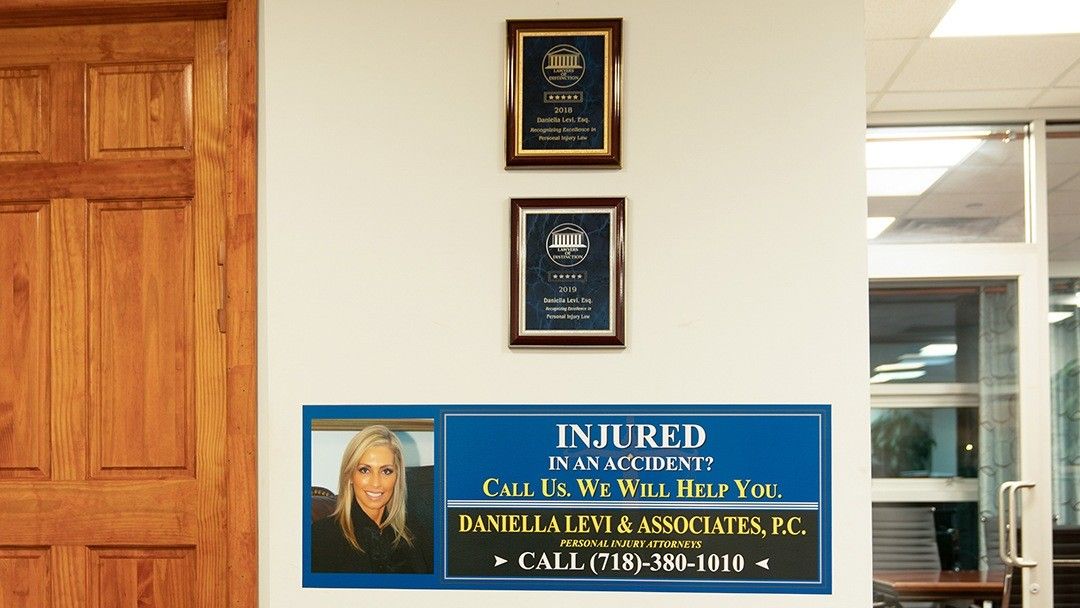
NYC Elevator Malfunction Lawsuit – What You Need to Know
Despite being used since the 3rd century BC, elevators come with their associated risks. And while they are relatively safe, malfunctions do happen. But, even the smallest malfunction can have disastrous consequences, especially when it comes to large groups of people.
One person getting in a second too late, or the elevator door closing too soon can result in an elevator accident with severe injuries. From broken bones to bruises and head injuries, we’ve seen it all.
If you’ve recently suffered an elevator accident yourself, then you must be in great physical pain. You must also be wondering whether you deserve compensation for your suffering.
The good news is that you most likely have a valid claim. Depending on who is responsible for your accident, most elevator accident claims are built on negligence, premises liability, or product liability.
Yet, as so many parties are involved in an elevator accident, identifying the responsible one can be difficult. This is usually where people run into trouble.
If you’re in the same unfortunate situation then keep reading. We’ll cover all there is to know about elevator malfunction lawsuits and what you need to do for a rightful settlement.
Common Causes of Elevator Accidents
Let’s take a look at some of the most common causes behind elevator accidents first:
- Unbalanced leveling.
- Broken mechanisms cause speeding.
- Defective doors.
- Improper or damaged wiring.
These are the most common catalysts behind approximately 17,000 yearly injuries and 30 deaths caused by elevators in the US.
Despite the staggering amount of injuries, elevators are relatively safe pieces of equipment. The problems start arising when the elevators aren’t regularly inspected and properly maintained. If this is the reason behind your elevator malfunction accident, then you have a valid negligence claim.
But determining who is responsible among so many parties is difficult. So let’s take a look at who can be held reliable.
Liability
The possible defendants in an elevator malfunction lawsuit may include:
- Property owner.
- Building maintenance company.
- Elevator maintenance company.
- Elevator engineer or architect.
- Elevator manufacturer or seller.
As you can see, numerous parties are involved in either designing, operating, or maintaining an elevator. This makes it difficult to identify and sue the negligent party in most cases.
Even if you were partially responsible for your accident, you may still be entitled to claim damages from the defendants. Your claim will be valid as long as you can demonstrate negligence, which constitutes the basis for most personal injury claims in NYC.
To demonstrate the responsible party’s negligence, you have to prove:
- The defendant(s) owed the plaintiff a duty of care.
- The defendant(s) breached the duty of care through negligent actions or inactions.
- The defendant’s negligence was a significant factor in causing the injury.
What to Do After an Elevator Accident?
Determining liability and winning your claim is challenging regardless of your elevator accident’s circumstances. You can increase your odds by taking as many photos as possible if your condition allows. A written statement from a witness can also tip the scales in your favor.
Once you’ve secured photographic evidence and received medical attention, get an experienced attorney as soon as possible. An attorney will help investigate the cause of your accident, determine liability and help you with all the stressful legal proceedings.
Call our experienced team of premises liability attorneys at Daniella Levi & Associates and book your free consultation. We’ll help you get the compensation you deserve for the pain caused to you and your family.
